Guest Speaker: The Biggest Challenge in 10,000 Years
Friday, 29 April 2011 08:26By Christopher Koetke, CEC, CCE
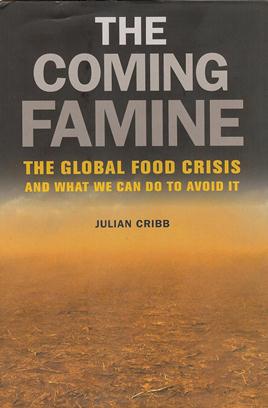 Are we heading for a worldwide famine by mid-century? Is our very civilization unsustainable? Is it too late to stop the train and turn it around? The answers are yes, yes and no.
Are we heading for a worldwide famine by mid-century? Is our very civilization unsustainable? Is it too late to stop the train and turn it around? The answers are yes, yes and no.
Julian Cribb, Australian author of The Coming Famine (University of California Press, 2010), paints the picture of a perfect storm in which a number of sustainability issues will reach criticality and come together over the next few decades to portend a worldwide famine that will change the face of our world.
The concept of “peak oil” is something that we’ve all become familiar with over the last decade. Put simply, it’s a situation where demand outpaces the discovery of new reserves of a finite resource, so supply gets scarce and expensive. In Cribb’s estimation, water and agricultural outputs will also reach their peak in the near-term horizon.
In fact, we’re already seeing some evidence. While the United States, Australia and Europe are awash in food, literally throwing half of it away, the rest of the world is not. For the last half century a billion people in the developing world have been going to bed hungry every night. The resulting “food insecurity” has devastating effects.

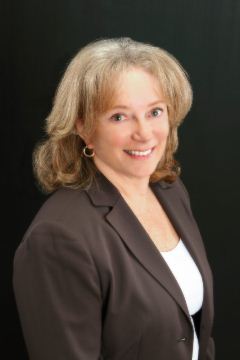 CAFÉ’s founder and executive director says combining the worlds of food and education has been the best ride of her life.
CAFÉ’s founder and executive director says combining the worlds of food and education has been the best ride of her life.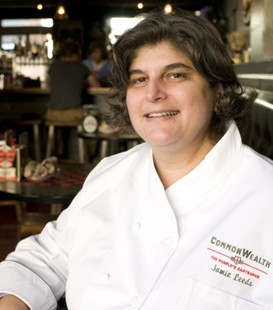 The president of Women Chefs & Restaurateurs calls on us to acknowledge the achievements of women culinarians and hospitality professionals in recognition of National Women’s History Month.
The president of Women Chefs & Restaurateurs calls on us to acknowledge the achievements of women culinarians and hospitality professionals in recognition of National Women’s History Month.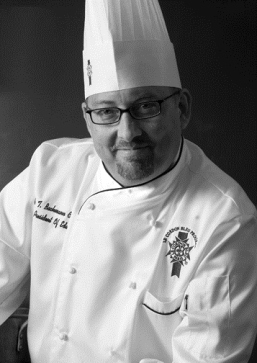 In culinary and pâtisserie arts, assessment should be structured so that the emphasis in practical, hands-on skill development is on cooking and baking skills and their respective applications. Here, Chef Bachmann uses the proper teaching of the classical mother sauces and their derivates to illustrate.
In culinary and pâtisserie arts, assessment should be structured so that the emphasis in practical, hands-on skill development is on cooking and baking skills and their respective applications. Here, Chef Bachmann uses the proper teaching of the classical mother sauces and their derivates to illustrate.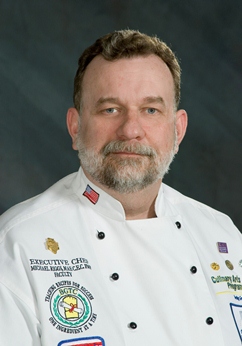 An educator returns from a summer excursion abroad with a new appreciation of community and culture communicated through food and cuisine.
An educator returns from a summer excursion abroad with a new appreciation of community and culture communicated through food and cuisine.